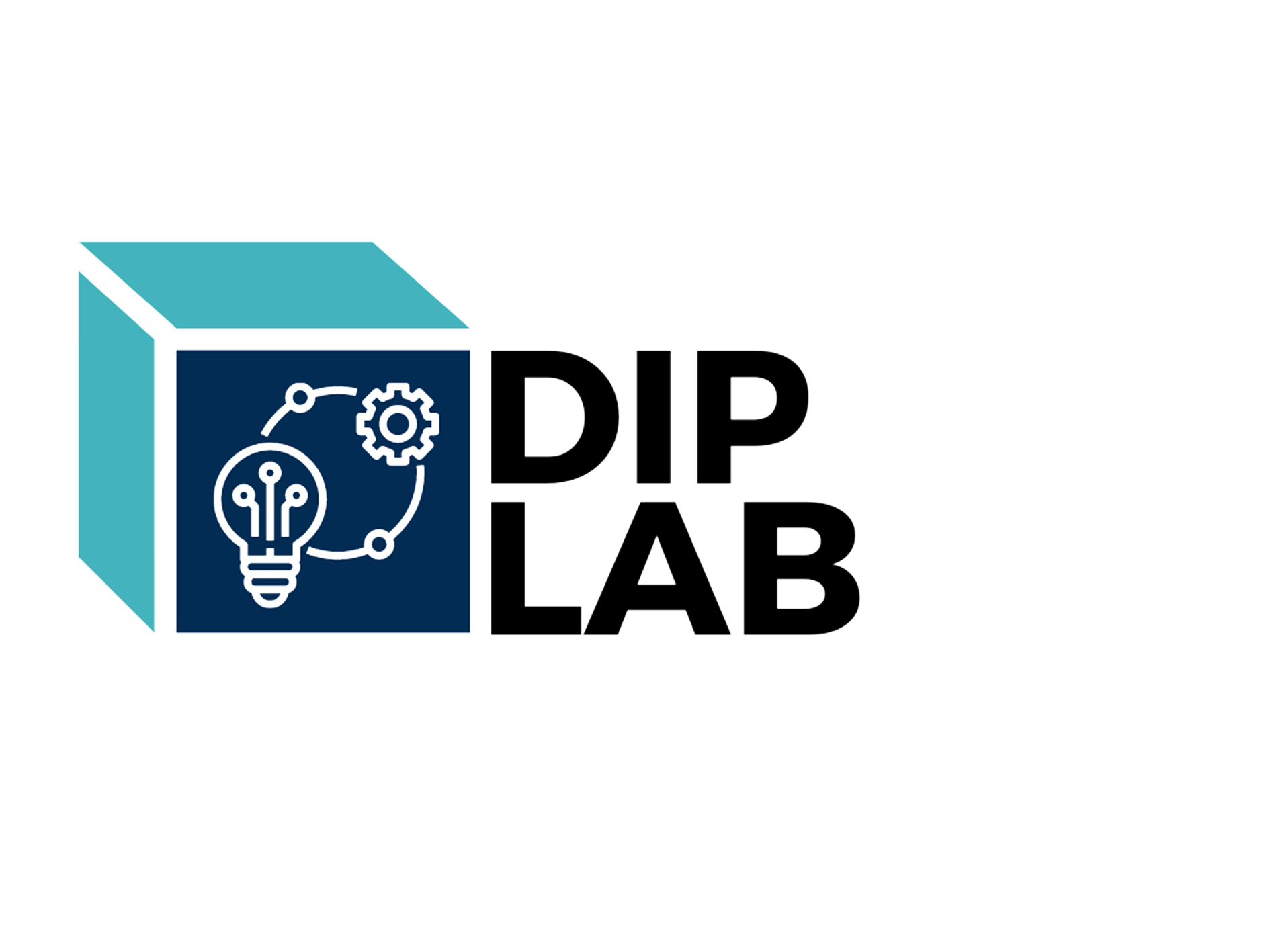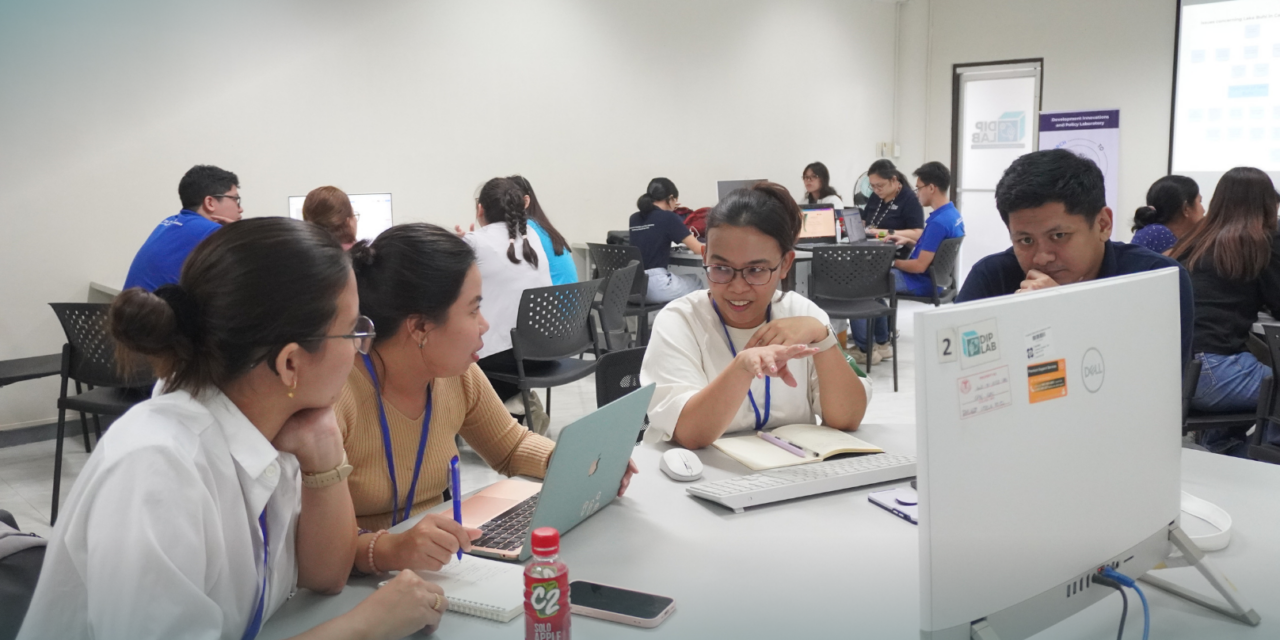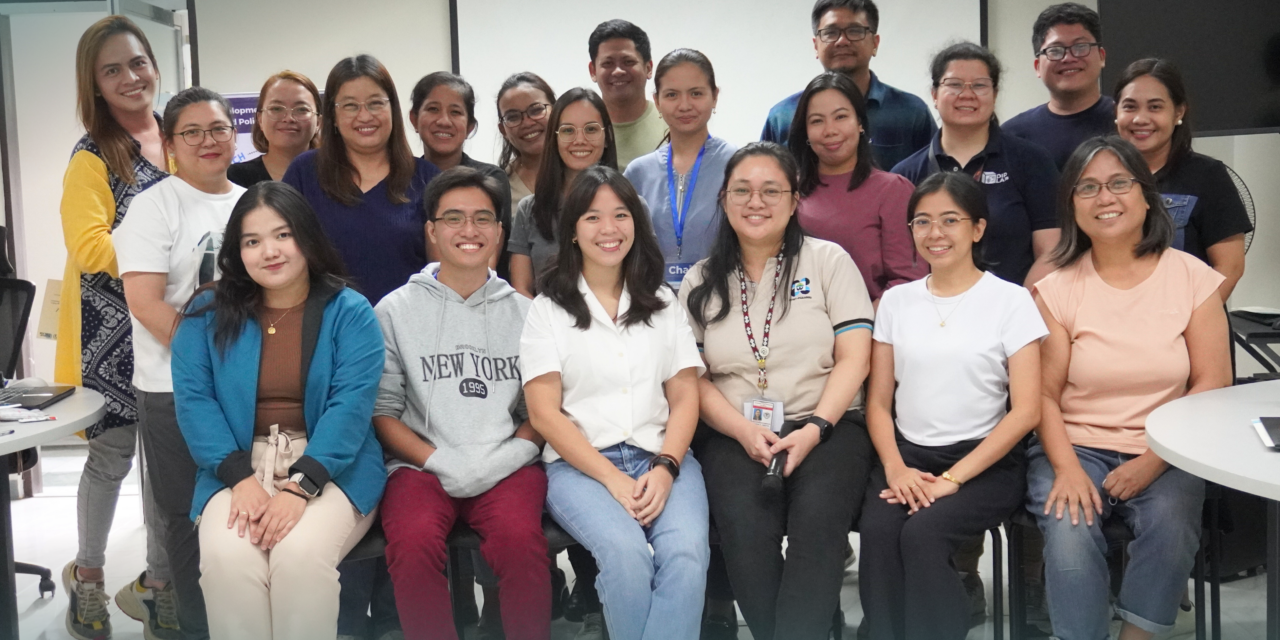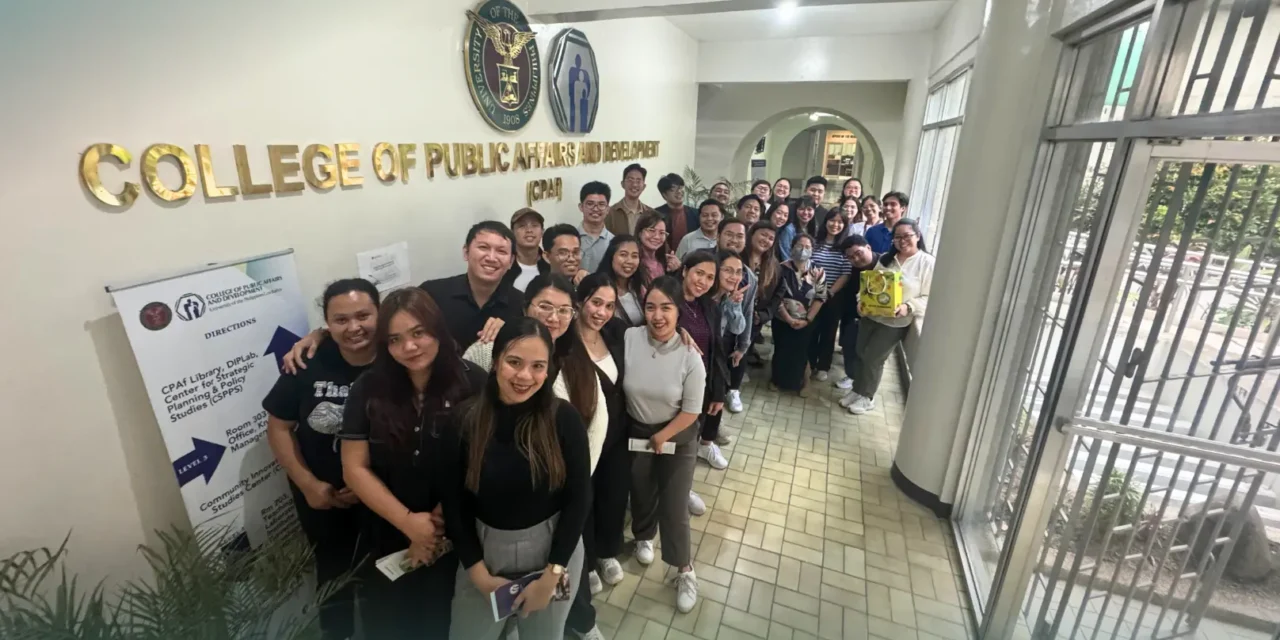
On June 2024, the Center for Strategic Planning and Policy Studies (CSPPS) of the College of Public Affairs and Development (CPAf) launched two of its new projects under the Development Innovations and Policy Laboratory (DIP Lab) namely, DIP Lab 2.0: Strengthening and Advancing Innovations for more Inclusive and Evidence-Informed Policy Making in the AANR Sector, and Benchmarking of Best Practices in Policy Laboratories: Towards A More Effective and Efficient Operationalization of DIP Lab.
The DIP Lab has made significant contributions since its establishment and first phase of implementation in 2022. The project hosted different capacity-building activities that have traversed Luzon, Visayas, and Mindanao. DIP Lab also conducted policy hackathons participated by various stakeholders. In addition, a website and data portal hosting more than 600 policy documents related to the Agriculture, Aquatic, and Natural Resources (AANR) sector was also developed. Following the success of DIP Lab and given its accomplishments, a second phase of the project was approved.
DIP Lab 2.0 is a two-year project spearheaded by Dr. Maria Luz Malabayabas, CPAf Assistant Professor and Knowledge Management Office Director. It aims to institutionalize DIP Lab and create a sustainability plan following its five-year roadmap. It also plans to further enhance and diversify its capacitation initiatives through the conduct of mentorship activities on policy analysis and advocacy. Furthermore, the project will continue to support DOST-PCAARRD-funded projects, in terms of packaging policy-relevant information. Lastly, the project is expected to generate more policy-relevant materials to increase engagement and discourse on policy.
On the other hand, the Benchmarking Project led by Ms. Karen S. Janiya, CSPPS University Researcher, aims to improve the current processes, methods, and overall operations of DIP Lab by looking into similar laboratories in the ASEAN region. Utilizing the insights that will be gained from the different institutions’ best practices and methodologies, such as the Thailand Policy Lab, can also enhance the effectiveness and efficiency of DIP Lab as a policy laboratory.
The DIP Lab team also recently conducted its inception meeting attended by external and internal evaluators of DOST-PCAARRD. This meeting was crucial to ensure that the activities, methodologies, and outputs were feasible and aligned with the project’s objectives.
As the DIP Lab unfolds a new chapter, the two succeeding projects were made to support DIP Lab’s institutionalization and aspiration to be a forerunner in enhancing capabilities and capacities of producers and consumers of AANR research in transforming evidence into policy solutions for societal development.
Learn more about the DIP Lab by visiting its Facebook page (@diplab.uplb), Twitter page (@diplab_uplb), website (diplab.uplb.edu.ph) or sending an email to diplab.uplb@up.edu.ph.
Written by: Ian Carlo Perilla



